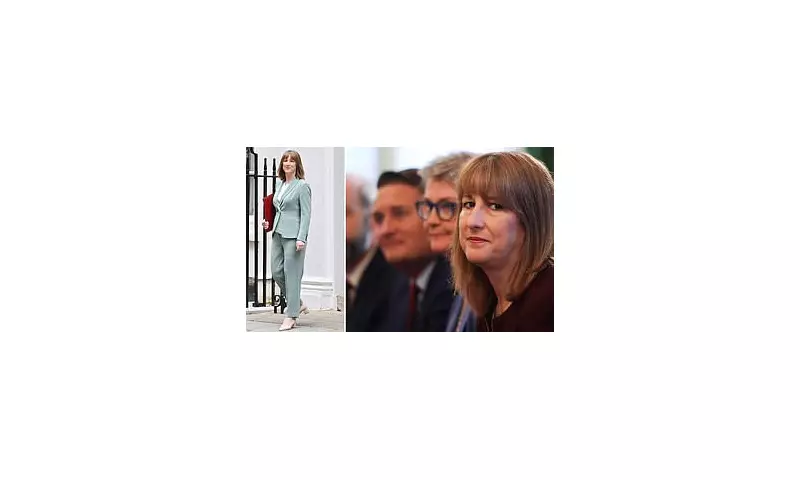
Chancellor Rachel Reeves has been confronted with a brutal economic reality check just days into her new role, as a damning analysis from the respected Institute for Fiscal Studies reveals an £18 billion black hole in Labour's spending plans.
The IFS assessment, delivered mere hours after Reeves' first major speech as Chancellor, exposes the harsh mathematics facing the new government. Despite Labour's election promises of economic stability and growth, the independent watchdog has calculated that maintaining current public service levels would require an additional £18 billion in annual spending by 2028-29.
Numbers That Don't Add Up
IFS Director Paul Johnson delivered the sobering verdict, stating: "The numbers just don't add up. They're going to have to do something pretty extraordinary." The analysis suggests Reeves faces an impossible choice between implementing deep spending cuts, breaking manifesto commitments, or raising taxes.
The fiscal shortfall emerges from several critical factors:
- Existing government spending commitments exceeding available resources
- Inflationary pressures on departmental budgets
- The need to fund public sector pay increases
- Growing demands on key services like the NHS and social care
Reeves' Inheritance Challenge
While the Chancellor attempted to blame the previous Conservative government for leaving "the worst set of circumstances since the Second World War," the IFS analysis specifically addresses Labour's current plans and commitments. The watchdog noted that despite inheriting a difficult situation, the new government's proposals lack financial credibility.
The £18 billion figure represents the annual shortfall that would emerge by the end of the parliament if current service levels are maintained. This revelation directly contradicts Labour's campaign rhetoric about careful economic management and fully-costed plans.
Political Fallout and Tough Choices
The timing of the IFS intervention couldn't be more embarrassing for the new Chancellor, coming immediately after her Mais Lecture where she promised "a new chapter for Britain's economy." The analysis suggests that chapter may begin with austerity measures reminiscent of the coalition government's early years.
Political opponents have seized on the revelation, with Conservative MPs accusing Labour of misleading voters about the true state of public finances. The situation leaves Reeves with few palatable options, each carrying significant political risk so early in the government's term.
As the Chancellor and her team scramble to respond to this fiscal bombshell, the coming weeks will reveal whether Labour chooses spending cuts, tax increases, or a combination of both to address the £18 billion gap identified by Britain's most respected economic watchdog.





